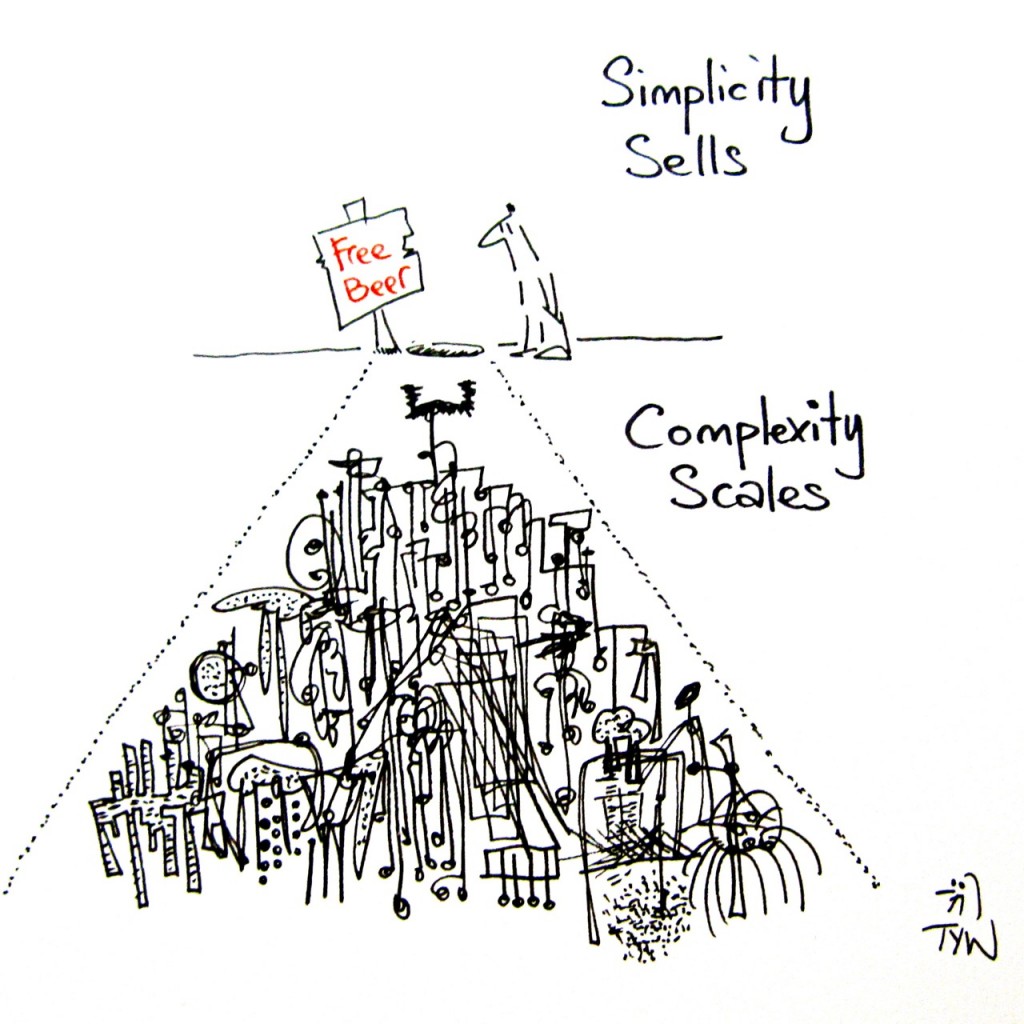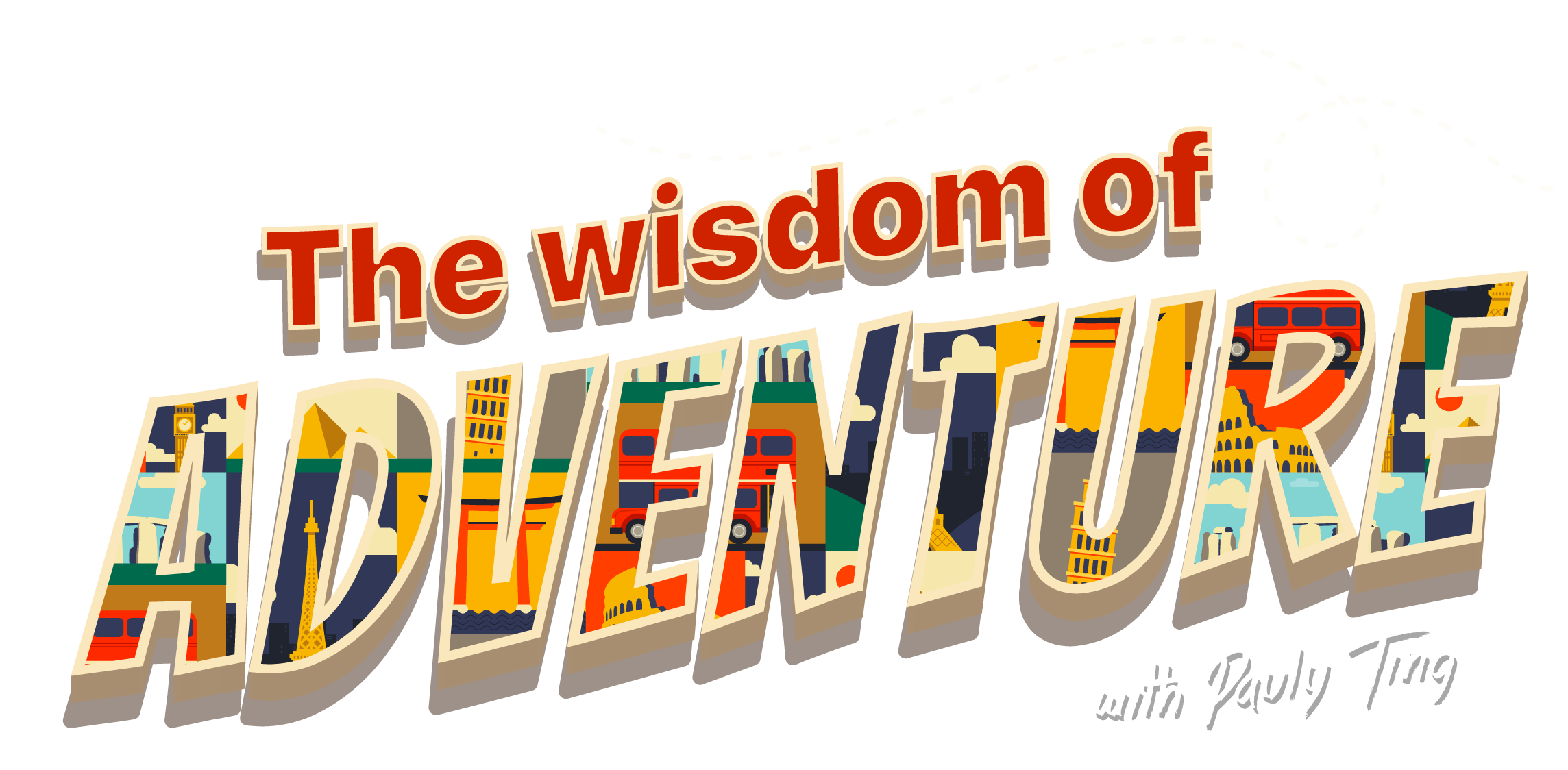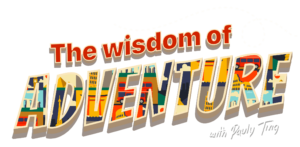I find it perplexing that we spend our days as designers, communicators, marketers, sales people etc striving hard to transform the complexities of our mechanics, biology, psychology, environment, and physiology into simple metrics, dumbed-down graphs, and binary statements of good and bad.
We believe this to be great design, and important work for it allegedly helps people to understand what they won’t and don’t take the care to know and learn for themselves.
Minutes later when these same mis-informed and indoctrinated people make sweeping demands and statements to the ecosystem, they/we, as ‘experts’, get angry and vilify their lack of complex understanding, berate their lack of awareness, and seek to persecute them for their ignorance. We look down on them, even though we created and reinforced that imbalance.
Despite our supposed brilliance, our own biases prevent us from acknowledging our role and contribution to this environment. We prefer to take a side than assume the responsible role of mediator, or worse, the actual job we intended to do which was to inspire, inform, and teach.
Too often, I see people achieve a level of mastery, seek to cash out or productise their knowledge and experience in the form of ‘3 easy steps’, and with great enthusiasm, believe that teaching outcomes is more valuable than the personal fortitude to navigate pain and uncertainty.
It makes sense too. “Get abs in 3 weeks for $15!” sounds much better to most people than “The psychology of abs, and how to keep them in 12 months”. One sounds manageable; the other sounds like work.
And so people embark on short term solutions for we are dopamine machines. However, they soon become disheartened when they don’t perceive progress (and the dopamine is wearing off), and they look for the next external thing, rather than look inward and double down.
Of course this is a generalisation – not all people are wired this way in all things. However, this is a common human trait, and even though someone may exercise a high level of discipline and focus in one area of their life, may not mean they can translate it into other areas.
The common view in our product/service world is that value is best measured in outcomes and smoothing out the learning curve, and not in stagnation or pain and suffering that is the backbone of self-determination. Pain and uncertainty is terrifying, and businesses capitalize heavily on it.

I too am guilty of thinking this way, but have realized that the hard work is not developing mastery. After a while, the journey of mastery actually becomes cathartic and pleasurable.
The hard work isn’t simplifying hard things into easy pictures and steps either.
The hard work is developing one’s own path to mastery, remaining open and curious, then having the patience and care to teach the next generation, (who will likely resist and demand an easy way out,) all the while avoiding the cutting of corners because it’s hard.
When faced with providing a magic pill to avoid that work and suffering, or taking a deep breath and embarking on a long and impactful relationship with another person, we have to ask ourselves what the end game is. Is it money? Is it fame? Is it legacy? Is it craftsmanship?
Our choice as designers, teachers, leaders, business people etc is to ask ourselves: “Do we wish to build a society of fixed mindset based on fear and guarantee? Or do we wish to build a society based on growth mindset, embracing uncertainty with the confidence that we have the internal capacity to navigate unchartered waters?”
One of these worlds leads to extinction, while the other supports evolution.
Aristotle said it best:
“Suffering becomes beautiful when anyone bears great calamities with cheerfulness, not through insensibility but through greatness of mind.”
While the over-simplification of the world makes for a pretty interface and a good sales pitch to those, the question is, does it really make us smarter, more tolerant, and more capable of navigating change and the unknown?
There’s true beauty in the intricate details of people, of nature, of the mind and the body. It’s within complexity that we discover parts of our existence that we never knew possible. Simplifying all things, all the time only leads to sterilization.
Rather than teach fear in things we don’t like or understand and forever reducing our world to emojis, let’s teach a love and zeal to look for the tangles, and to embrace the challenges of the unknown.

